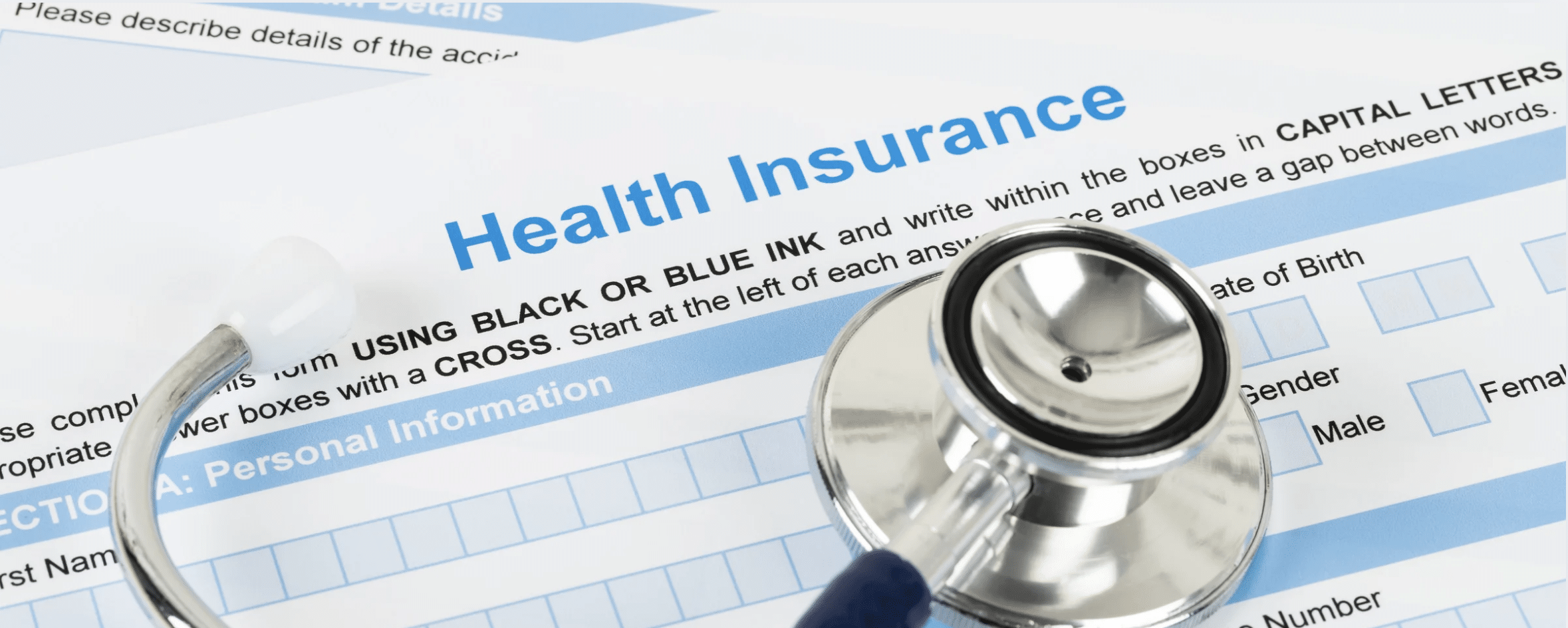Supporting a loved one with a mental illness can be incredibly difficult—especially when trying to strike a balance between offering help and unintentionally enabling harmful behaviors. Many people don’t even realize they’re enabling a loved one’s mental illness, and the concept itself may be unfamiliar. That’s why it’s so important to understand what enabling really means, how it shows up, and why it can be so damaging.
In essence, enabling involves allowing your loved one to remain stuck in self-destructive patterns associated with their mental health condition. Even with the best intentions, it’s easy to cross the line between support and enabling—often by excusing or overlooking behaviors that ultimately do more harm than good. People can unknowingly enable depression, anxiety, phobias, or substance abuse—all of which often overlap with mental illness. Unfortunately, enabling not only hinders recovery but also takes a toll on both individuals involved.
At Vogue Recovery in Las Vegas, we help your loved one heal and we help you empower them instead of enabling them. Our approach focuses on replacing enabling with empowerment—equipping loved ones with the tools to truly help, not harm. Healing isn’t something anyone does alone, which is why we encourage family involvement through education and collaboration. Together, we work toward one shared goal: lasting recovery for your loved one.
How Common Are Mental Health Disorders?
Mental health disorders are remarkably common, affecting millions of individuals worldwide In the United States alone, an estimated 57.8 million adults struggle with mental health challenges, that’s about one in five people. Among them, nearly one in 20 are living with a serious mental illness. However, these figures likely underestimate the true scope of the issue, as many people struggle in silence without ever receiving a formal diagnosis. Mental health challenges can affect anyone at any point in life, yet far too often, individuals don’t seek help. As a result, they may never fully understand the extent of their condition. For many, getting a diagnosis can be a powerful turning point—offering clarity, validation, and a starting point for healing.
At our mental health centers, we are able to provide official diagnoses based on a consultation. Some of the mental health disorders we treat include:
- Depression
- Bipolar disorder
- Anxiety
- Phobias
- Schizophrenia
- Personality disorders
- Substance use disorders
- Obsessive-compulsive disorder
- Post-traumatic stress disorder
Additionally, we treat co-occurring disorders in our dual diagnosis program track. This means we consider the issues as connected for a comprehensive healing approach.
Enabling Mental Illness Vs Empowering
At first glance, the difference between enabling and empowering may seem like a matter of wording—but in reality, the distinction is critical. Enabling means allowing or supporting someone in behaviors that ultimately harm them, even if your intentions are good. Empowering, on the other hand, involves encouraging someone to take positive steps toward growth and healing. While no one sets out to enable a loved one, it’s something that happens far more often than we realize—typically out of love, concern, and a desire to ease their suffering.
Enabling often arises when we try to protect someone we care about from discomfort, only to unintentionally reinforce the very behaviors that keep them stuck. For example, taking over responsibilities for a loved one with depression might seem helpful, but it can actually deepen their sense of helplessness. Or, allowing someone to skip therapy because they’re having a hard day may feel compassionate in the moment, but it can stall their recovery. These actions, though well-meaning, can contribute to a cycle that keeps both people in a painful pattern.
Empowerment looks very different. It means encouraging your loved one to face challenges—even when it’s uncomfortable. That might mean helping them follow through with a therapy appointment, pursue a job opportunity, or step away from a toxic environment. Empowering someone is about supporting their growth, even if it’s difficult in the short term.
At Vogue Recovery, we help families and loved ones understand the difference between enabling and empowering. You don’t have to navigate this alone—we’re here to help you support your loved one in ways that truly lead to healing.
Self-Assessment: Am I Addicted?
"*" indicates required fields
Contact Us
Ready to Get Help? Get in Touch Today.
"*" indicates required fields
How to Help a Loved One with a Mental Health Disorder
When someone you care about is struggling with their mental health, it can be difficult to know how to help. You might feel uncertain about what steps to take or how much of a difference you can make—but you may have more influence than you realize. A great first step is to educate yourself about mental illness so you can better understand your loved one’s symptoms and challenges. We also recommend speaking with a mental health professional who can provide guidance tailored to your situation.
One of the most impactful things you can do is encourage your loved one to seek professional treatment. Through therapy, medication, holistic approaches, and skill-building, they can begin the journey toward healing and stability. Supporting them in taking that step—whether it means researching treatment options or having honest, compassionate conversations—is one of the most meaningful ways you can help.
At Vogue Recovery, we’re here for both you and your loved one. If you’re unsure how to begin this process, we’re happy to offer support and guidance. Don’t hesitate to reach out—we’re ready to help you take the next step together.
Mental Health Disorder Treatment at Vogue Recovery Center
As noted, we will help you empower your loved one to heal and improve their quality of life. They need the push to seek professional mental health. At Vogue Recovery Center, we can first provide a diagnosis of a mental disorder or dual disorders. Once a guest completes their initial consultation they will enter programming. Notably, we offer continuing levels of care a person can work through or enter individually. Guests receive a custom service plan that outlines their timeline in treatment. Our levels of care for mental health rehab are residential inpatient treatment and outpatient treatment, which offers three flexible sub-levels. During inpatient, guests live in Vogue Recovery Center for 24/7 care and monitoring. Yet, those in outpatient treatment live at home but attend treatment during daytimes.
It may seem complex, but we guarantee you are in great hands at Vogue Recovery Center in Nevada. We will take care of every detail of your loved one’s care, from their service plan to timeline to insurance. Not only can we verify a policy for you, but we also offer options for funding out-of-pocket costs.
If you allow your loved one to continue without treatment, you could be enabling mental illness. They need mental health treatment to teach them to manage their symptoms and gain momentum for their future. Please call us today to discuss how to help your loved on by broaching the topic of getting them help.
Questions about treatment options?
Our admissions team is available 24/7 to listen to your story and help you get started with the next steps.
References:
Vogue Recovery Editorial Staff
Latest posts by Vogue Recovery Editorial Staff (see all)
- Healing Together: How to Get a Loved One into Rehab - July 31, 2025
- Everything You Need to Know About Using Insurance for Rehab - July 31, 2025













